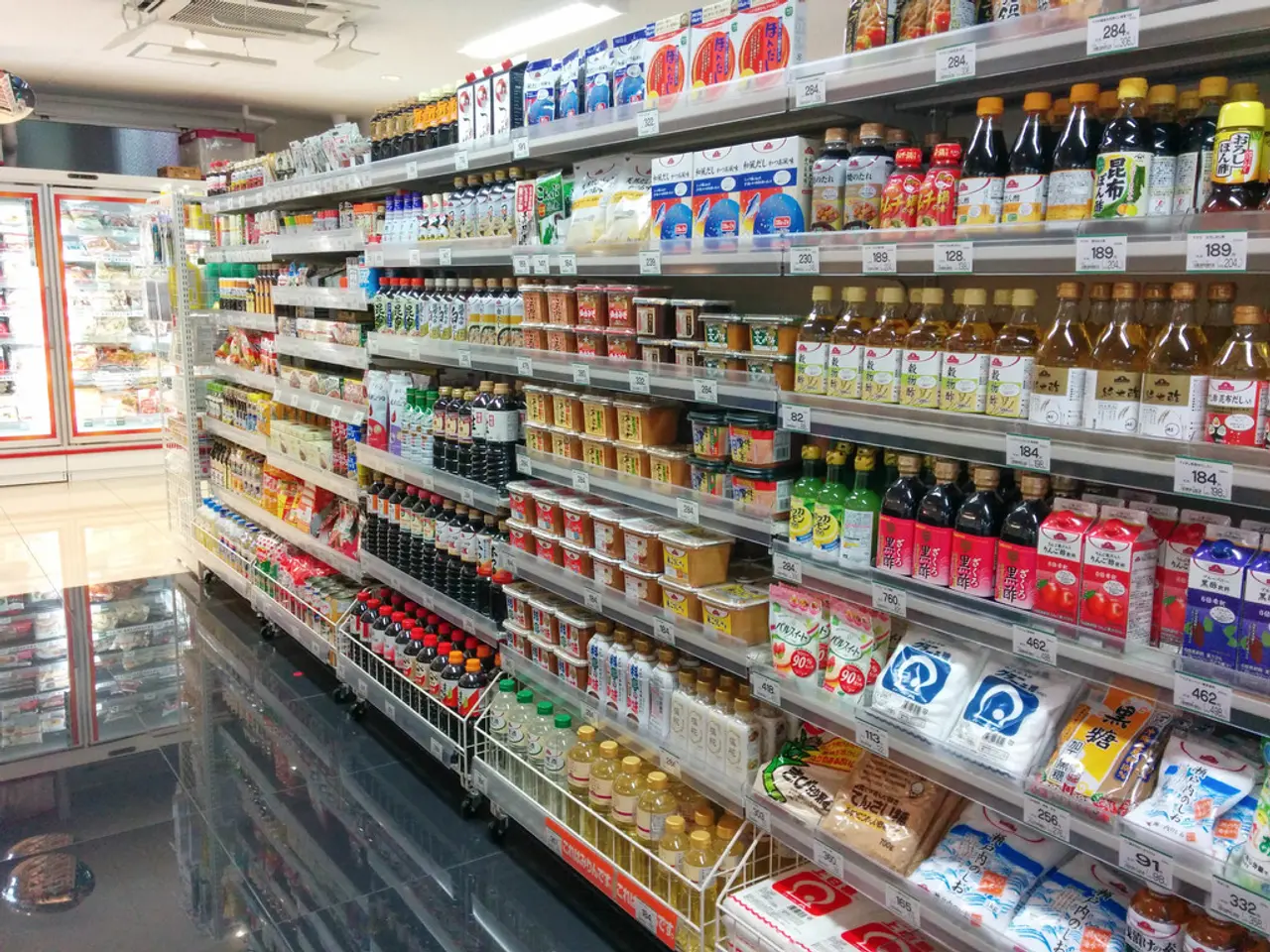Minimum Wage Increase in Central Germany: Examining Its Potential Beneficiaries
In Germany, the minimum wage is set to increase from its current rate of €12.82 per hour to approximately €14.60 by 2027. This move, affecting up to 1.7 million employees, is expected to have a significant impact on various industries, particularly the hospitality and tourism sector.
The hospitality and tourism industry, which includes hotels, restaurants, and related services, often relies heavily on low-wage labor. As a result, changes in minimum wage have a direct influence on labor costs and profitability. The sector is particularly sensitive to labor cost inflation due to its labor-intensive nature and relatively low margins compared to other sectors.
The increase in minimum wages is putting significant pressure on profit margins within the industry. Market research specific to the German hotel industry highlights this, as labor costs form a substantial share of operating expenses in this sector. Smaller businesses, which operate with thin margins, are particularly affected.
Key impacts on hospitality and tourism include increased labor costs, which reduce profit margins, potential price increases for consumers, greater incentives for automation and efficiency improvements, potential labor shortages, and a government-intended balance between worker support and business viability.
Increased labor costs reduce profit margins for hotels and restaurants, especially smaller businesses. Businesses may respond by raising prices for consumers, which could affect demand and competitiveness. Greater incentives for automation and efficiency improvements aim to offset higher wages. Potential labor shortages might persist or worsen if wage increases do not keep pace with cost-of-living or industry demands, but the rising minimum wage aims to improve workers’ living standards and reduce turnover.
The government’s structured approach to increasing the wage floor considers collective bargaining trends and overall economic conditions, intending to balance worker support with business viability. While the exact impact varies by region and business size, the hospitality and tourism industry is particularly sensitive to labor cost inflation.
For other industries, minimum wage increases might have less pronounced profit margin impacts, especially in sectors with higher average wages. However, they contribute broadly to rising costs, which occasionally cascade into inflation or adjustments in hiring and investment practices.
The new minimum wage could have significant implications for small businesses in Central Germany. The statutory minimum wage is scheduled to increase to €14.60 per hour by January 1, 2027, in a second stage. A baker master has expressed concerns that the increase could potentially push businesses to the brink.
The actual number of affected persons could be lower due to interim wage increases not being taken into account in the estimate. The Minimum Wage Commission has recommended a new wage threshold of €14.60 by 2027, previously €15 had been discussed.
The debate surrounding the minimum wage increase in Central Germany has been reported on by our website AKTUELL. Two entrepreneurs have expressed concerns about the new minimum wage and suggested potential solutions. A widespread thesis is that an increase in the minimum wage could lead to more moonlighting and less money for the state.
In summary, Germany’s minimum wage increase significantly raises labor costs in the hospitality and tourism industry, squeezing profit margins and encouraging operational adjustments, while aiming to enhance income for low-wage workers across all sectors. The exact impact varies, but the industry is particularly sensitive to labor cost inflation due to its labor-intensive nature and relatively low margins compared to other sectors.
The hospitality and tourism industry, with its reliance on low-wage labor and low margins, is especially sensitive to labor cost inflation caused by minimum wage increases. This sector may respond to these rising labor costs by implementing operational adjustments, such as raising consumer prices, automation, and efficiency improvements, in order to maintain profitability.
The significant increase in the minimum wage in Central Germany could potentially place a strain on small businesses within the hospitality and tourism industry, potentially affecting their profit margins and even threatening their viability.




